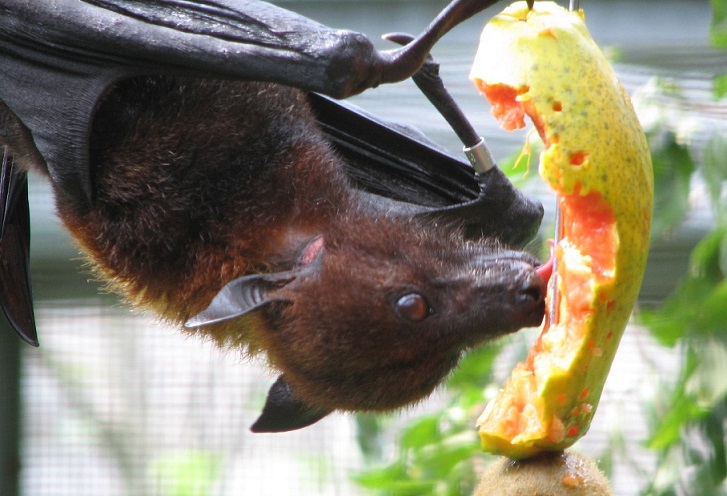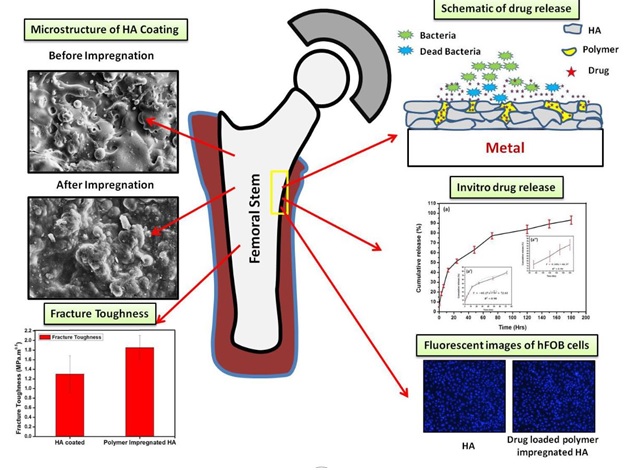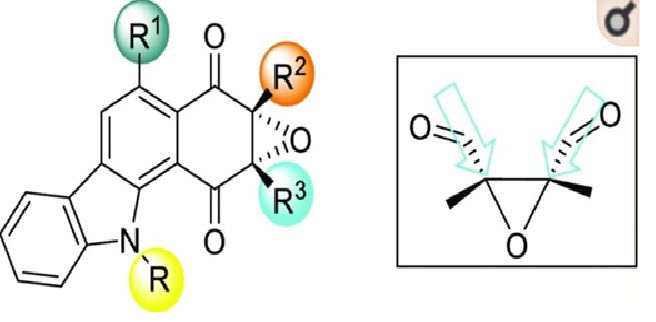Researchers at Children's Medical Center Research Institute at UT Southwestern (CRI) have uncovered why certain melanoma cells are more likely to spread through the body. The discovery opens up a potential new avenue of treatment and could be used to help reduce the proportion of patients who progress from stage 3 melanoma to more-deadly stage 4 cancer.












